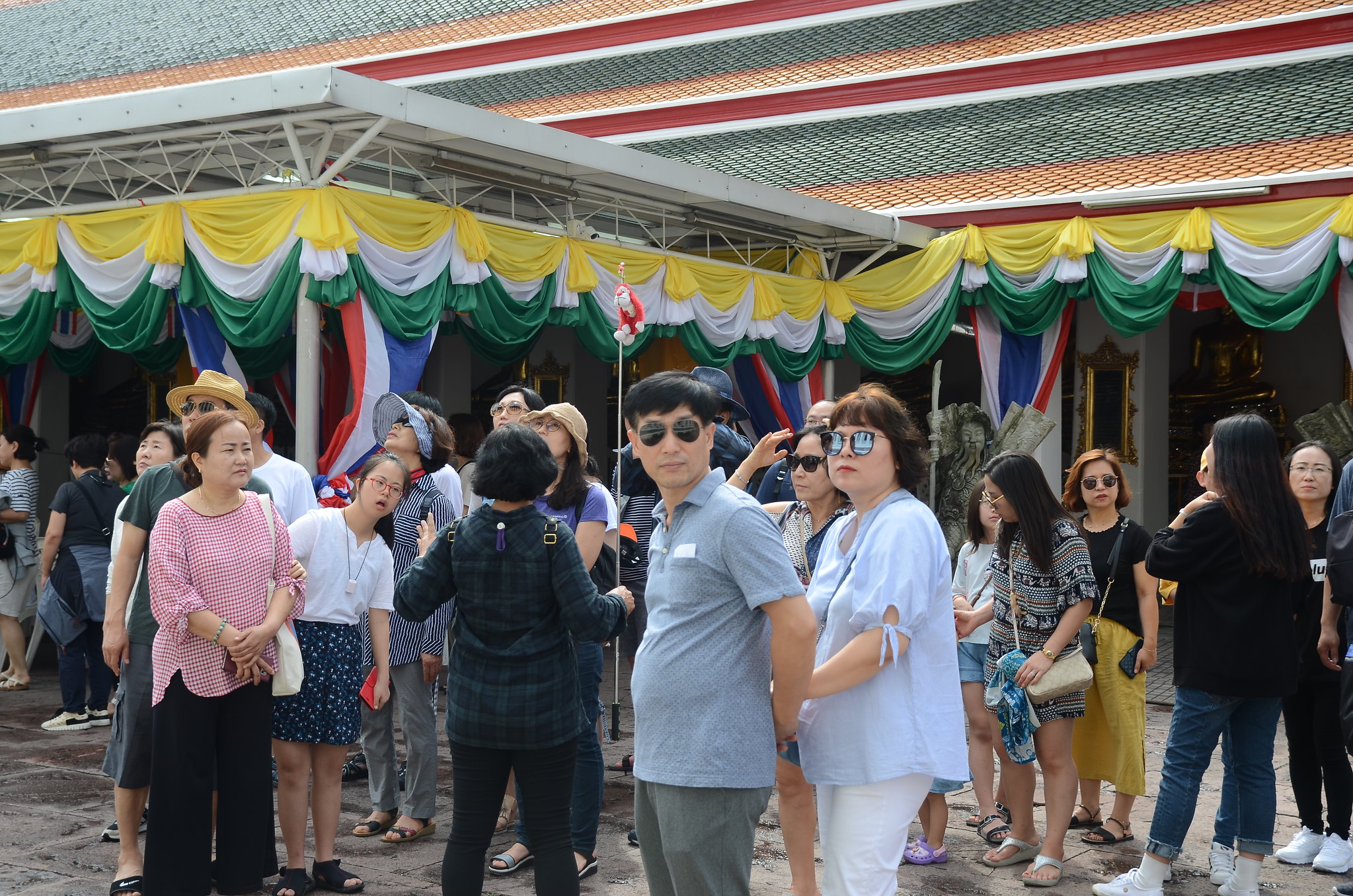Skift Take
More governments are waiving visitor visa requirements to help attract tourists.
Destinations worldwide have increasingly moved to lift visa requirements as part of their strategy to increase visitor numbers — visa processing delays are a major obstacle to the industry’s full recovery.
U.S. travel executives have argued that those long visa waits — especially for travelers from major source markets like Brazil, India, Mexico, and China — have hurt the U.S. tourism recovery. International traveler spending in the U.S. in October 2023 was close to a $1 billion lower than the figure recorded in October 2019.
How does visa-free travel impact tourism? We put the question to Ask Skift, our artificial intelligence chatbot. Ask Skift used information that appeared in our past news coverage and we also conducted additional reporting on the subject.
Ask Skift said:
Visa-free travel can significantly impact tourism by making it easier and more appealing for tourists to visit a country. Countries with efficient visa processing or visa-free travel policies often see an increase in the number of tourists, as it reduces the hassle and costs associated with obtaining a visa, making the destination more attractive.
For instance, when a country relaxes visa policies and allows visitors to enter without a visa or with a simple on-arrival visa, there is often a surge in visitor numbers as well as passenger numbers. This was observed in countries like Vietnam and Uzbekistan. On the other hand, lengthy waits for visitor visas, like those experienced in the United States, can hurt a country’s ability to attract visitors, thus impacting the recovery of its tourism sector from events like the pandemic.
In summary, visa-free travel can facilitate tourism growth, as travelers regard visas as a formality that entails a cost, and this can be a deterrent if the costs – whether monetary or indirect (including distance, wait times, and service) – exceed a certain threshold. Therefore, an overall restrictive visa policy means lost opportunities for economic growth and jobs that tourism could bring to destinations.
What else you need to know:
China’s foreign ministry recently said that a visa-free travel policy that went into effect on December 1 has helped boost tourism. Ministry spokesperson Wang Wenbin stated that average daily tourist numbers from the countries covered by the visa waiver — France, Germany, Italy, the Netherlands, Spain and Malaysia — rose by 39% on the first three days of December compared to the last day of November.
Destinations worldwide are increasingly waiving or considering waiving visa requirements in part to attract travelers from India, the world’s biggest emerging outbound tourism market. Thailand in particular has seen booming travel demand after it lifted visa requirements for Indian visitors. India-based online travel agency Agoda reported in November a 28% jump in Indian travelers searching for Thailand trips compared to the 10 days before Thailand announced its move.
Malaysia and Sri Lanka are offering visa-free entry to Indian travelers and others. Malaysian Prime Minister Anwar Ibrahim announced last month that starting on December 1, visitors from China and India — Malaysia’s fourth- and fifth-largest source markets, respectively — no longer needed visas for stays of up to 30 days.
Sri Lanka is providing visa-free entry to visitors from seven countries — including India, China, and Russia — under a pilot program. The program will last until March 31, 2014.
In addition, Indonesia and Vietnam are floating the possibility of offering visa-free entry to Indian visitors. Skift reported in December 2023 that Indonesia would likely finalize the countries eligible for visa-free entry — which would include India, China, the United States and the United Kingdom — within the next month. And Vietnamese authorities have publicly said they’re considering lifting visa requirements for Indian and Chinese travelers.
Nishant Pitti, CEO of co-founder of India-based online travel platform EaseMyTrip, attributed the difficulty in obtaining a Schengen visa for travel to Europe as one reason why Indian travelers are increasingly looking for trips closer to home.
“Obtaining a Schengen visa can be difficult and time-consuming and the visa processing times also interfere with travel plans,” Pitti said.
More From Ask Skift
Ask Skift Is the AI Chatbot for the Travel Industry
Go deeper into the business of travel with Skift’s new AI chatbot.
The Daily Newsletter
Our daily coverage of the global travel industry. Written by editors and analysts from across Skift’s brands.
Have a confidential tip for Skift? Get in touch
Tags: ask skift, visa waiver, visas
Photo credit: Destinations are lifting visa requirements as part of their strategy to boost tourism. shankar s. / Flickr
